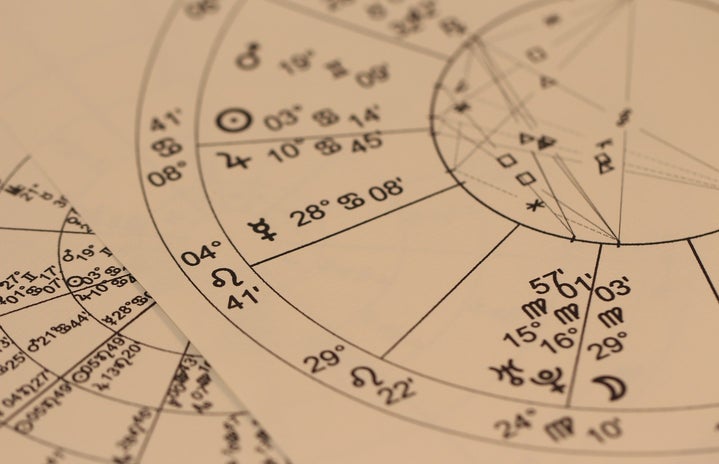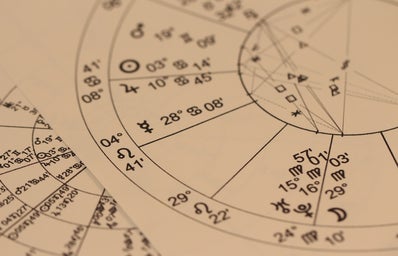In recent years, it seems like astrology has become increasingly popular. More and more people are becoming interested in astrology and have gravitated towards a more spiritual path than in previous generations. So what exactly is astrology? Astrology is an ancient science that uses observation of the planetary cycles and movements over time to record patterns and events triggered by the movement of the cosmos. Astrologers have long noted that everything in the universe is connected and this is now being recognized by scientists using quantum mechanics, which explains that every atom has an effect on other atoms.
The recorded history of astrology began with the Sumerians in Mesopotamia 6,000 years ago as well as Vedic astrology that began at least 5,000 years ago in India. From around 2,400 to 331 BCE, the Babylonians created the zodiac wheel that included planets and the 12 horses, each representing different areas of life. After Alexander the Great conquered the Babylonians, the Greeks further evolved astrology; they created Hellenistic astrology which is a horoscopic system that we use today. Hellenisitc astrology spread all over Europe and the Middle East and it became a highly regarded science, inseparable from astronomy. In fact, Galileo, Kepler, and Issac Newton were astrologers.
Astrology started to decline during the Age of Enlightenment when scientific materialism started to dominate philosophical thought. People started to put more emphasis on what was tangible and provable instead of obscure and esoteric knowledge. However, it never really died out. It fell into the category of superstition and conspiracy.
During the 20th century, pioneering scientists started to reform astrology, finding it to be helpful to understand the human psyche. Carl Jung, the founder of analytical psychology, greatly contributed to the reformation of astrology. Jung even looked at patients’ birth charts to get a better understanding of them in difficult cases. He found that the correlations between patients and their birth charts was so strong that he was able to learn more about his patient’s mind from reading their chart than from actually talking to them firsthand. Jung’s contributions shaped modern astrology when psychological astrology became more popular in the 20th century.
The cultural revolution in the ‘60s made astrology even more popular as people became more interested in Eastern philosophical thought. By the ‘70s, astrology became a part of mainstream culture with horoscopes making their first appearance in magazines and media. Today, astrology is more popular than ever with about 10 million working astrologers in the US and over 2 million websites talking about astrology. Furthermore, more universities are starting to include astrology in their curriculums. The stigma about astrology being nonsense is starting to fade as more people are becoming interested in learning about it. This dying system is slowly coming back to life.


